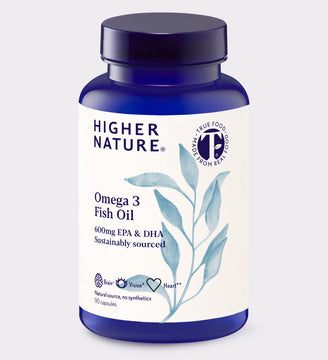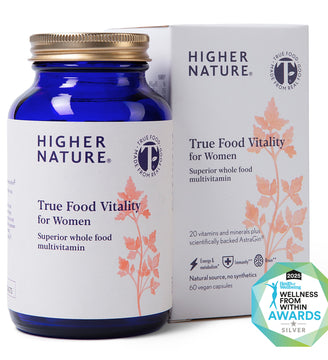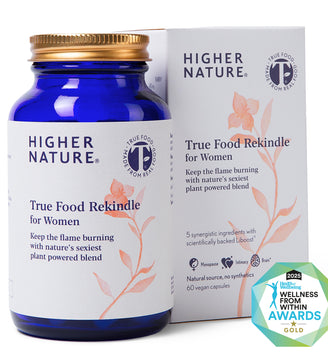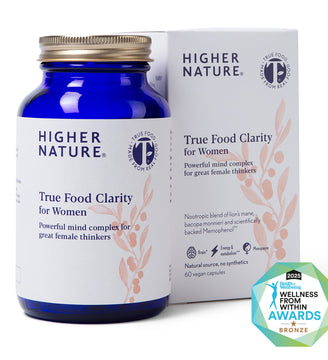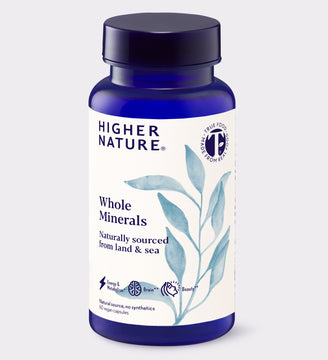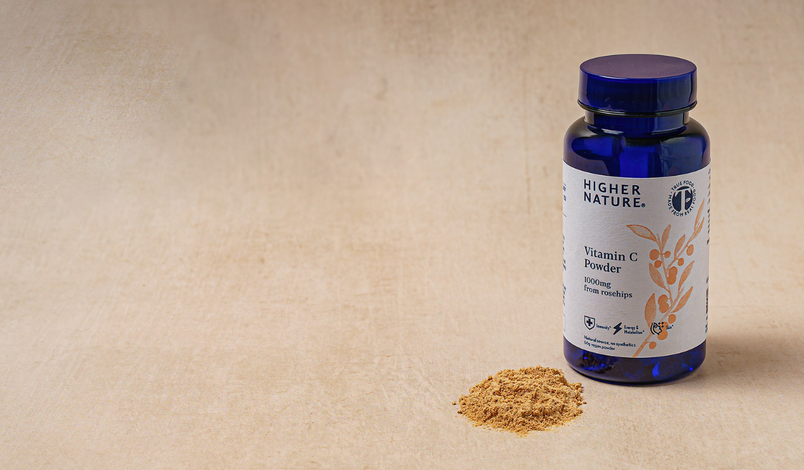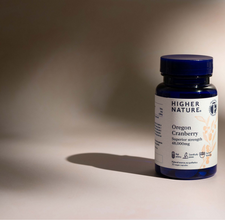
Microbiome - the jungle within
Higher Nature Nutrition Team
According to the Human Microbiome Project there are currently around 1300 identified strains within the microbiome, where do they come from? What do they do? And, what relevance is our microbiome to our health?
From birth and beyond
We are born more or less sterile, but our first encounter with microbes is during birth when we pick up our mother’s microbiota from the birth canal. A young infant will have around 100 different species of microbes in their microbiome, but by the age of three, our interaction with our environment has increased this amount to over 1000, roughly that of an adult. Our microbiome continues to shift over the course of our lives, particularly around changes such as puberty, pregnancy and menopause, but also in response to illness, stress and diet.
Our genes also influence our microbiome, as does the climate we live in, our occupation, our gender and our hygiene.
We have known of the existence of our microbes for some time, but it is only more recently that scientists are beginning to understand the true relevance they have to our health.
They could be called our worker bees, each set of microbes carrying out specific roles; microbes on the skin and in the vagina protecting us from infection, microbes in our intestines making vital vitamins.
Our microbial friends
Most of our microbes live in our gut - around 1-2 kilos in the average adult, and these are responsible for a whole host of roles including: harvesting energy from food, releasing compounds that reduce inflammation, keeping the cells in the intestinal lining well connected, regulating appetite and weight management, influencing how our body responds to insulin, preventing toxins from passing into the blood stream and sending chemical messages to the brain.
When we think of our genome, or our genetic material, the Human Microbiome Project suggests we should actually think about it in terms of the amalgam of our own genes and the genes of our microbes, so intertwined are they to our health.
By far the most influential to the gut microbiome is diet, as they too need food to survive. Perhaps, as well as asking ourselves what we need to eat to lose weight or to help balance our blood sugar levels, we ought to be asking ourselves what we need to eat to support our microbiome.


